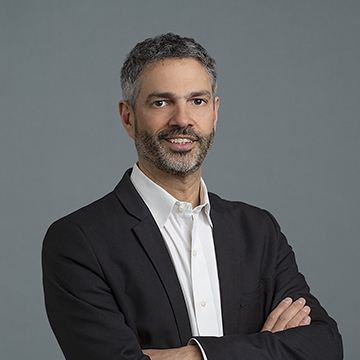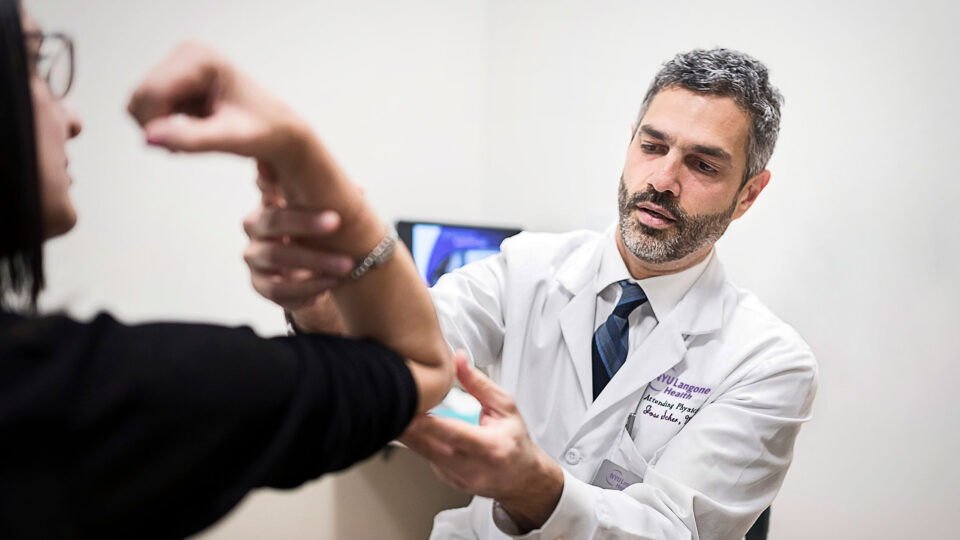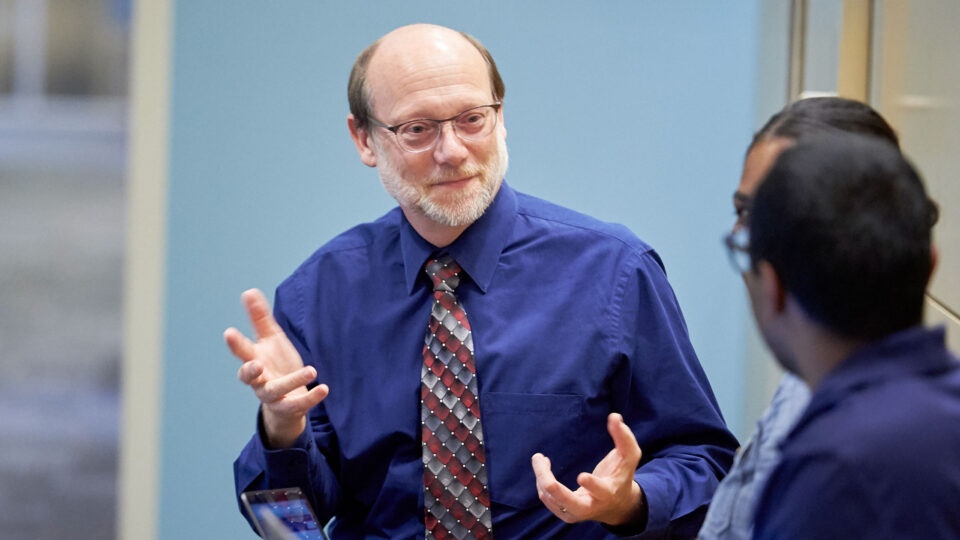Jose U. Scher, MD, the Steere Abramson Associate Professor of Medicine and associate director of research and translational medicine in the Division of Rheumatology, is director of NYU Langone Health’s Judith and Stewart Colton Center for Autoimmunity. Established to enhance understanding of autoimmune and immune-mediated disease, the Colton Center translates groundbreaking discoveries into new diagnostic tools and treatments.
As the center’s new leader, Dr. Scher brings a wealth of experience in collaborating across research disciplines to uncover new targets for autoimmunity treatment.
Here, he shares his vision for the center’s future, and why he believes the next big autoimmune discovery will come from a specialty outside of rheumatology.
Shaping the Future of Autoimmune Discovery
Physician Focus: Dr. Scher, when you consider your priorities as director of the Colton Center, what are the key areas of opportunity you see ahead?
Dr. Scher: First, I see an opportunity to build on the collaboration the center is known for and substantially expand interdisciplinary collaboration both within and beyond NYU Langone.
I am convinced that we will only identify new targets for better therapeutics in autoimmune and immune-mediated diseases by bringing together a full spectrum of researchers, from epidemiologists, cell biologists, and biostatisticians to rheumatologists and immunologists, of course, but also dermatologists, gastroenterologists, and collaborators in other disciplines.
“We will only identify new targets for better therapeutics in autoimmune and immune-mediated diseases by bringing together a full spectrum of researchers.”
Jose U. Scher, MD
My second priority for the center is to pursue computational precision medicine–driven approaches in the study of autoimmune disease. While we’ve seen significant improvement in the therapies we can offer patients, we still lack the personalized approach to care that can be unlocked by using digital markers and artificial intelligence in our diagnostic tools and treatments.
Collaborating Toward the Next Breakthrough
Physician Focus: Why is working across disciplines so important to the next phase of autoimmune research?
Dr. Scher: The last significant breakthrough in the treatment of inflammatory autoimmune disease was the application of TNF inhibitors—which were originally developed for the treatment of sepsis—in conditions such as rheumatoid arthritis, inflammatory bowel disease, and psoriatic arthritis. The idea that these medications could be efficacious in autoimmune disease was suggested by Dr. Jan T. Vilcek, a world-renowned microbiologist here at NYU Langone.
While TNF inhibitors remain highly effective, nothing that has come after them has proven to be superior. Discovery has hit a plateau.
“Our ultimate goal is to be a center that can nimbly move bench discovery into clinically meaningful outcomes at the bedside.”
I’m convinced that the next disruptive solution will emerge through the meeting of multiple minds and disciplines. Rheumatologists are often called “doctors’ doctors” because we must understand and incorporate multiple aspects of biology, medicine, and immunology to solve the enigma of autoimmune disease.
I see the Colton Center as a catalytic facilitator to bring the pieces of discovery together and hopefully find that next disruptive breakthrough.
Harnessing Technology to Personalize Care
Physician Focus: What are some of the specific technology-driven approaches you’re interested in applying to the study of autoimmune disease?
Dr. Scher: There’s enormous opportunity to use technology to tie together the clinical, molecular, and digital features of a disease and its progression in order to direct more precise treatment.
For example, in arthritis we are currently using functional tools such as step counts to predict progression; how could we incorporate those tools with radiographic assessments or sensor-derived data? In psoriasis, what diagnostic value does the pixelation of a skin image offer? Researchers have begun to apply machine learning algorithms to explore how medications can be tailored to each patient, but it remains siloed. There’s so much to be gained through collaboration.
Expediting the Discovery Lifecycle
Physician Focus: Looking ahead, what do you see as the near-term opportunities for impact?
Dr. Scher: We can help to accelerate discovery by providing an agile, collaborative environment where our researchers can expand and enhance what they’re already working on. The work of Dr. David B. Beck, an inaugural Colton Scholar, is a prime example; his research in discovering and characterizing VEXAS syndrome laid the groundwork for ongoing research at the center into new diagnostic tools and treatment pathways for the condition.
We can also help to expedite the movement of novel treatment targets and compounds into later-stage development so they reach patients sooner. For example, a compound our researchers discovered for the treatment of myasthenia gravis is now in early-stage clinical trial. Our ultimate goal is to be a center that can nimbly move bench discovery into clinically meaningful outcomes at the bedside.






